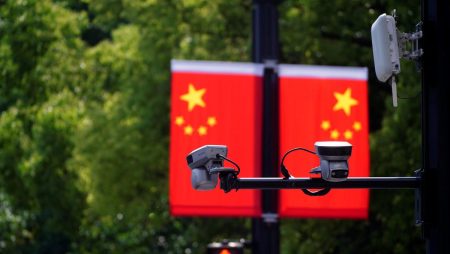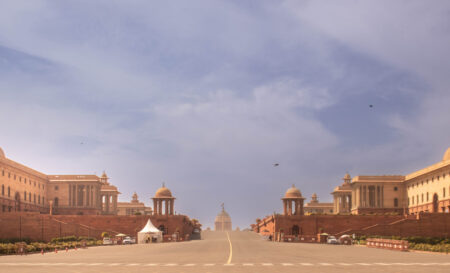Citizenship is a significant aspect of any country. It lets you enjoy certain exclusive rights; you have the safety to deportation, and there is a feeling of security.
But in a country like India, citizenship is not as easy as it sounds. It is a tricky and confusing state of mind. India is said to be a secular country.
Still, when it comes to minorities and the other sections of society, the temporal part of our country fades away from the minds of our fellow citizens.
Everything is under surveillance, not by a camera but by society. Society is either conservative, or it is over-patriotic. Either way, it is poison for a country like India.
Citizenship is like an instant proof of identification, but this is confused with the qualities of loyalty and love for a country. When did this become such a complicated issue?
This became complicated way back when India was divided into India and Pakistan.
This will always go back to when our leaders agreed to the decision and did not think about the consequences of this “secular” state. Citizenship is where you live and the proof.
In comparison, patriotism is a precise term that is derived from nationalism.
Citizenship is associated with The Democracy of Nation
Loyalty is related to how we behave and the things we portray for the country. Citizenship is associated with the democracy of a nation.
And this is the difference that society should know to have a smooth future ahead without conflicts. There is no communication, sanity, or rationality in our country.
Each question by a person of a minority is blown out of proportion and exaggerated. This is the sadness of patriotism and a democratic country.
The majority dominates, and the proof loyalty is a slogan deep-rooted inside this society. Mentioning it here would merely be useless.
There was always an illusion that nationalism had invented the nation. This illusion has deceived many theorists and sociologists.
The reality is that the economic front stagnated that had problems of illiteracy, poverty, population explosion, unemployment, etc.
Nationalism did not give birth to one national society or state. It created a whole group or litter of communities and states.
These states were differentiated on the basis of language, region, religion or caste. India, with nationalism, had seemed to become a powerful state system instead of a nation-state.
Nationalism had ushered a modern socio-politico society in India, which was bound to be glued together by emotions and were not limited by the hierarchies of power.












